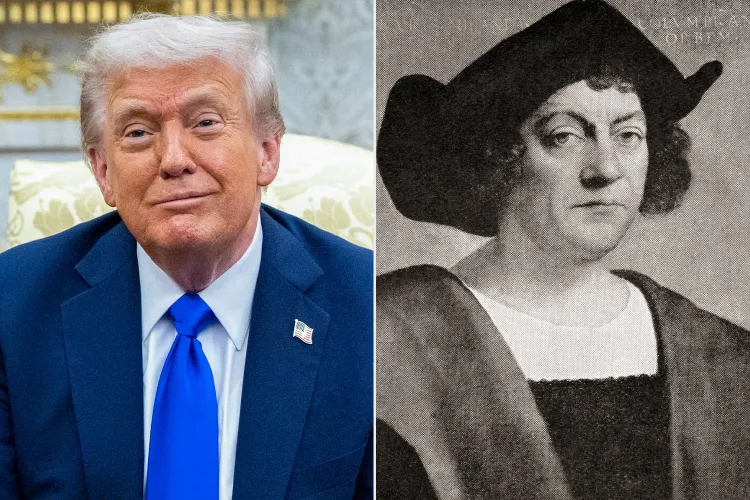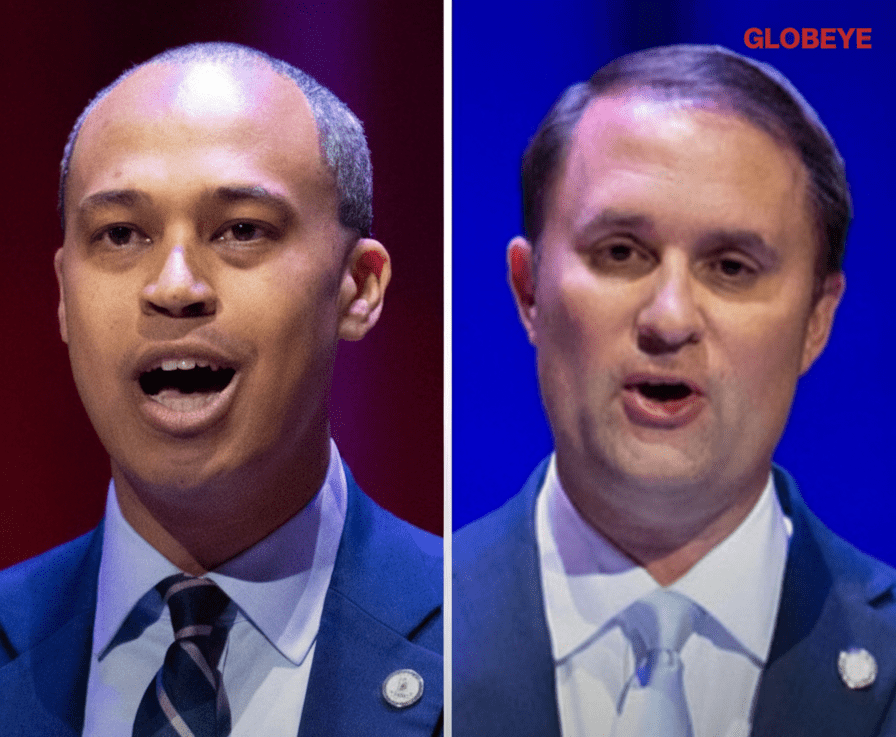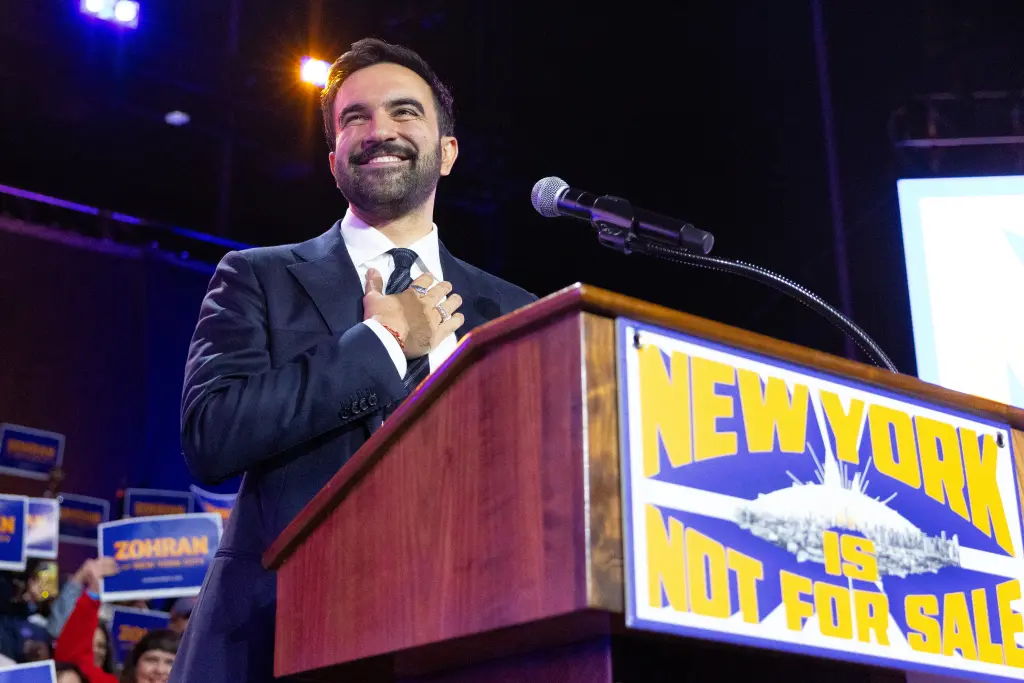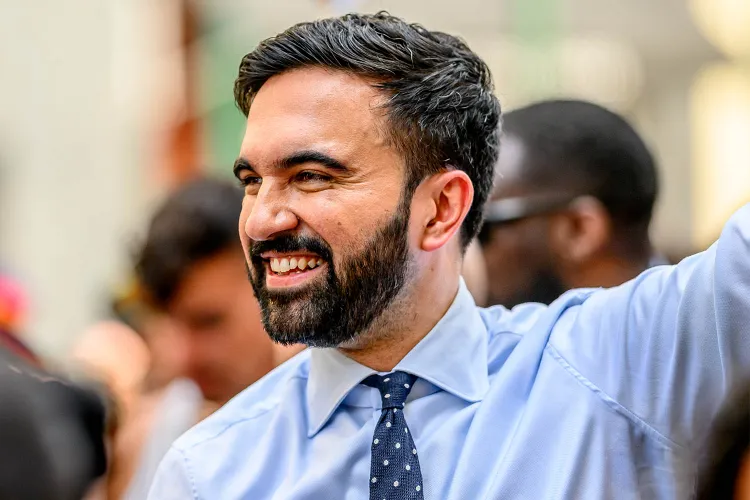Donald Trump Declares “We’re Back, Italians” While Calling Christopher Columbus the “Original American Hero,” Sidestepping Indigenous Peoples’ Day in New Proclamation
Former President Donald Trump is once again at the center of national debate after declaring Christopher Columbus “the original American hero,” in a statement that celebrates Columbus Day while pointedly ignoring Indigenous Peoples’ Day. The remarks, made during a Columbus Day event and shared through a new campaign release, revive a long-standing cultural flashpoint — one that pits historic tradition against modern accountability.
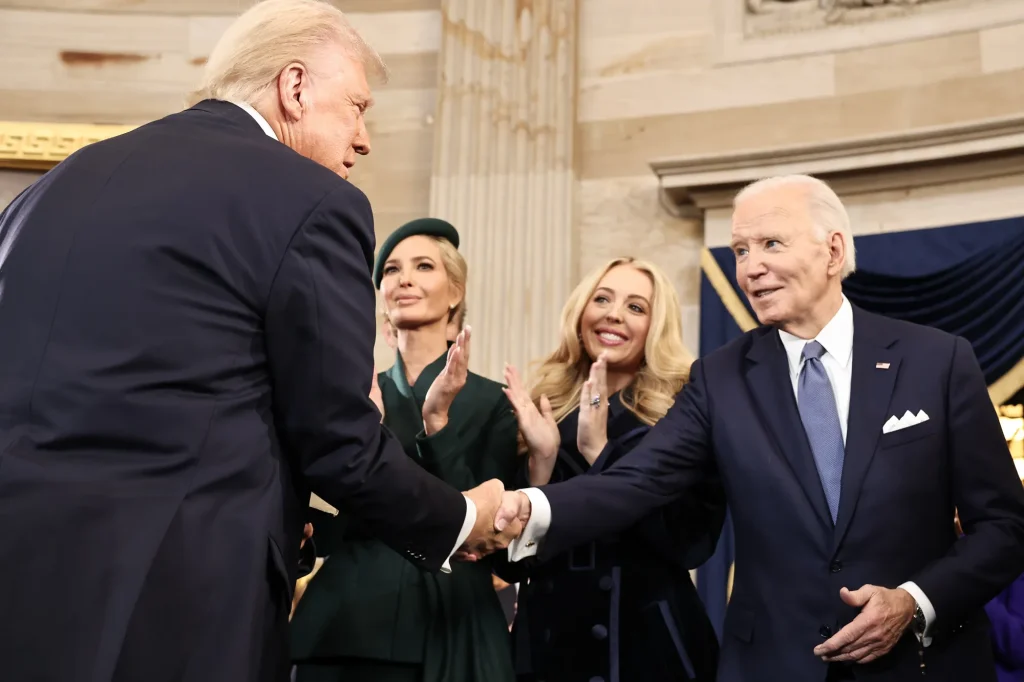
Trump’s statement, delivered in his signature bold style, celebrated the Italian explorer as “the man who changed the world forever,” calling him a symbol of faith, courage, and discovery. He accused what he called “left-wing radicals” of attempting to “destroy and dishonor” Columbus’s memory, claiming that “they tore down statues, rewrote history, and erased a hero.” Trump then added with a smile, “We’re back, Italians,” a line that drew applause from his audience.
The former president’s words mark a return to a stance he first took during his time in office, when he issued annual proclamations honoring Columbus Day while rejecting efforts to officially recognize Indigenous Peoples’ Day on the same date. In his new remarks, Trump doubled down on that position, arguing that celebrating Columbus is part of “preserving the great heritage of the West.” He framed the issue as a battle over patriotism and identity, saying, “We don’t tear down our heroes — we celebrate them.”
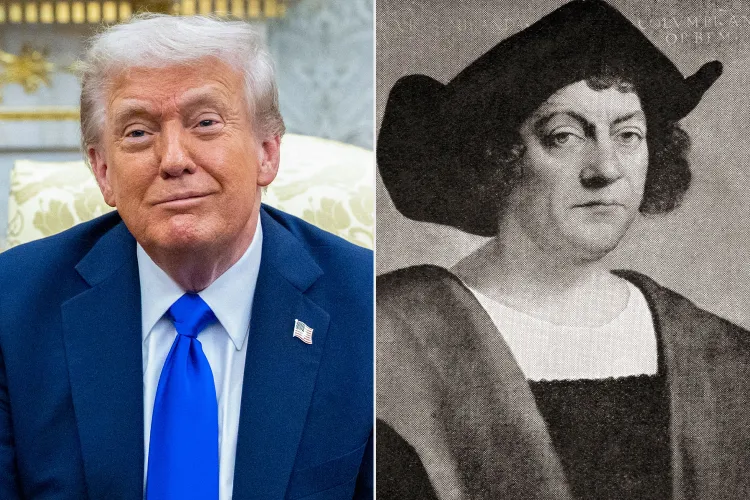
For many supporters, the speech resonated as a defense of tradition. Italian-American groups have long viewed Columbus as a symbol of pride, representing immigrant resilience in the face of discrimination. “To us, Columbus isn’t just history — he’s heritage,” said one attendee at the event, echoing a sentiment that Trump has helped revive.
But for Indigenous communities and advocates, the remarks were painful and dismissive. Indigenous Peoples’ Day — which has been increasingly recognized by states, cities, and schools nationwide — honors the history, resilience, and survival of Native peoples who endured centuries of colonization, violence, and displacement that followed Columbus’s arrival. Critics argue that Trump’s words erase those realities and glorify a narrative built on suffering.
Historians note that the Columbus myth has always been political. Columbus Day was first declared a federal holiday in 1934, promoted by Italian-American organizations as a way to assert their place in the American story. But over time, as scholarship and activism reshaped public understanding, the darker chapters of that history came into focus — including enslavement, forced labor, and exploitation of Indigenous populations in the Americas.
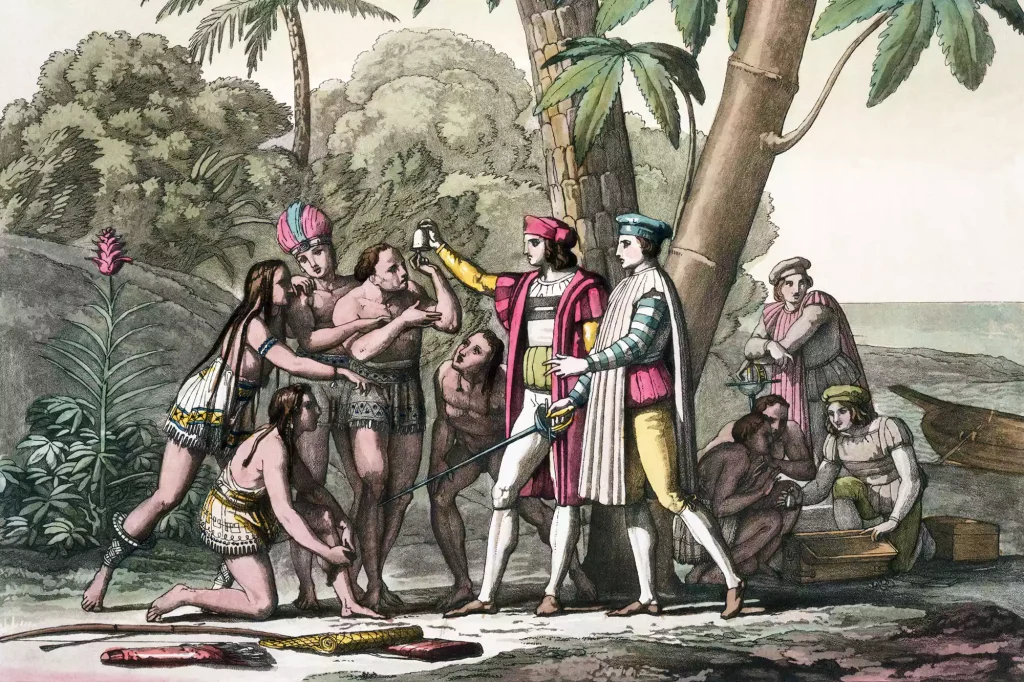
In the years since, the country has divided over how to remember Columbus. Dozens of states and cities have replaced or paired the holiday with Indigenous Peoples’ Day, while others, including Florida and Texas, continue to officially honor Columbus. Trump’s decision to reframe the debate now, especially during an election season, underscores how cultural memory remains a powerful political tool.
While supporters praised Trump’s defiance as patriotic, critics saw it as divisive. “Honoring one culture doesn’t require erasing another,” said an Indigenous rights advocate in response. “We can celebrate exploration and resilience without rewriting history.”
Trump, however, shows no signs of backing down. His Columbus Day statement concluded with the line: “The spirit of discovery lives on in the American heart. We honor Columbus because we honor courage.”
For millions of Americans, though, the day remains complicated — a collision between myth and memory, heroism and harm. And as the country once again debates whose history it celebrates, Trump’s declaration ensures that Columbus remains as polarizing — and as politically potent — as ever.
